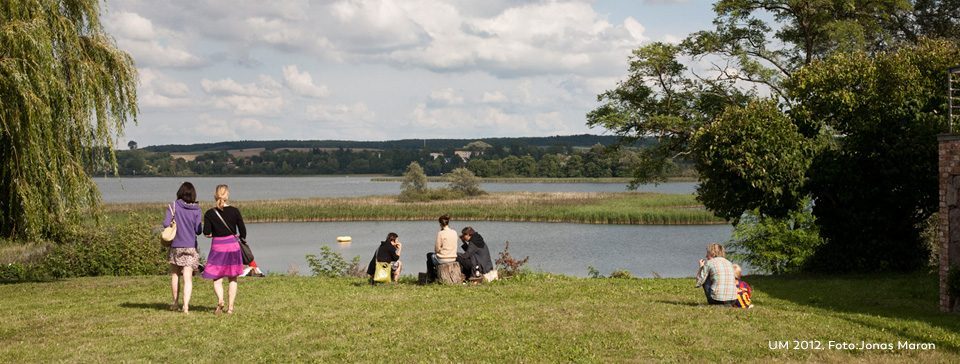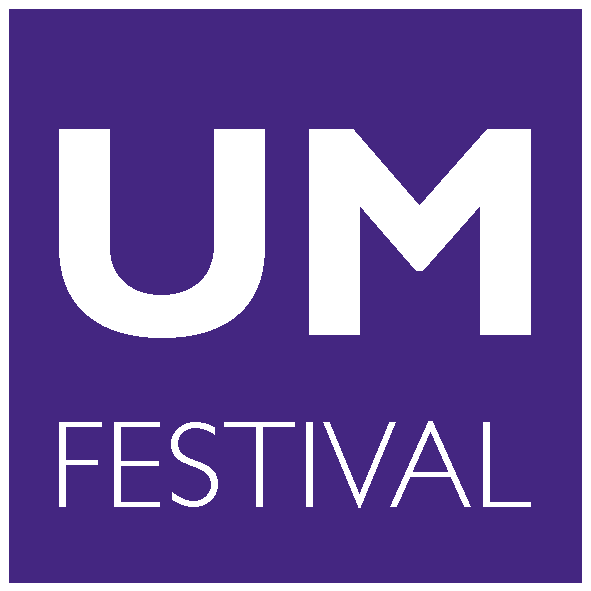September 9 – 10, 2023
Art
Annika Hippler, Brad Nath, Collective Mö, Andreas Greiner, Kyoco Taniyama
Saturday 9 September 2023
Literature
PINNOW
12:30 Antonia Baum reads from Siegfried
14:00 Slata Roschal reads from 153 Formen des Nichtseins
Literature and music
PINNOW
18:15 Concert and reading with texts by Veit Sprenger and musical accompaniment by Thies Mynther
Music
PINNOW
13:30 / 15:00 Chimes by Elke Horner
ab 15:00 Interactive installation sound carousel
16:30 DJ Set CONNECT Team – B2B with Leonore del Mestre and Philippa Bock
19:15 h Concert with Post Neo
20:00 DJ set multigenerational music with Thomas Fehlmann
FERGITZ
13:00 / 14:00 Accordion and poem with AnniKa von Trier
15:30 Concert – Ensemble Quillo LandQultour tours the Uckermark region
16:00 Concert and performance by Viola Yip
Sunday 10 September 2023
Talk
FERGITZ
11:00 Talk with Prof. Michael Succow on Plaudikultur im Moor – nasse Füße für die Zukunft
Music
PINNOW
ab 12:00 Interactive installation sound carousel
12:30 Concert Matinee with Thies Mynther & Veit Sprenger
Music
FERGITZ
14:00 Concert with Baal & Mortimer
15:00 Concert with Zeynep Ayse Hatipoglu and Robert Lippok
Cooperation project with the Succow Foundation and the Nature School Prenzlau
Ilona Kálnoky Paludikultur im Moor – nasse Füsse für die Zukunft
A project by Ilona Kálnoky in cooperation with the Michael Succow Foundation and the Active Nature School Prenzlau
For this year’s UM Festival Ilona Kálnoky deals with the topic of paludiculture (agriculture and forestry on wet soil). As Co2 reservoirs, peatlands need to become wet again. Inspired by the research of the Michael Succow Foundation, thoughts arise about the transformation of the region and the use of new agricultural products such as reeds and sedge . In an exhibition together with the active nature school Prenzlau the results are shown at Gut Fergitz.
www.ilonakalnoky.de www.succow-stiftung.de www.aktive-naturschule.de
With the new knowledge about our peatlands as an important contribution against the emission of CO2, paludiculture has a new importance. Bogs and marshy meadows that were drained centuries ago are now being re-wetted. Thereby important bogs are created again, which bind Co2 in their sediments.
Due to paludiculture, grasses such as the reed or sedge are growing more. It is time to think about how we can use these products. The use of reeds in historical times was for roofing, and insulation. It is also being researched as a fuel for energy production. The need for roofing material is imported, will that still be necessary when harvested and processed regionally again?
The project started at the beginning of July 2023 as a project week of the Active Nature School Prenzlau in Fergitz (Uckermark). A reappraisal of the past of moor and reed and its cultural development in the Uckermark region is to be created. In the workshop products for a culture with reed and moor are compiled.

